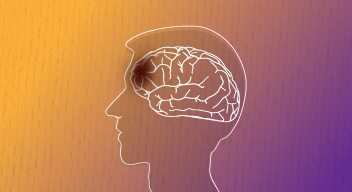
A Small Glimpse at Traumatic Brain Injury
A Traumatic Brain Injury, or TBI, results from a direct hit to the head that disrupts healthy brain function and development. The severity of a TBI ranges from “mild” to “severe.”
Read the article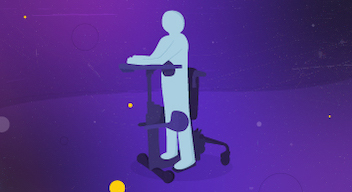
The Benefits of Standing
Standing is an important activity that benefits people of all ages. From improving bone density to helping with lung expansion, it boasts benefits for all of our body systems.
Read the article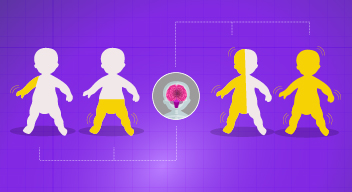
A Closer Look at Cerebral Palsy
Cerebral Palsy (CP) can be described or classified in many different ways, including the severity or type of CP. One way to classifying CP is by telling the body part(s) affected.
Read the article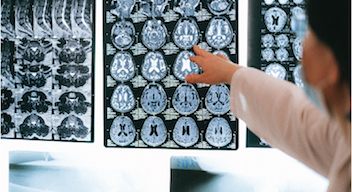
Cerebral Palsy in Children
Cerebral palsy is a common diagnosis for a group of conditions among children affecting their motor development. It is a result of brain damage occurring before or during birth.
Read the article
Let’s Talk About Tummy Time!
Many children dislike tummy time at first—it's hard work! There are many benefits for young children to spend time on their tummy, and there are also many ways to help and encourage them to do so. This critical developmental position helps lay the groundwork for many different skills necessary throughout the lifespan.
Read the article
Characteristics of Developmental Delay
Developmental delay is the condition of a child whose development in moving, talking, or playing is different than other children their same age. Developmental delay may or may not be attributed to a separate diagnosis.
Read the article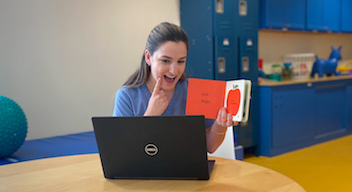
The latest on CRIT’s Telemedicine Program
The Children's Rehabilitation Institute TeletonUSA (CRIT) has successfully continued servicing children with disabilities and their families amidst the COVID-19 restrictions put into place in San Antonio and the neighboring counties.
Read the article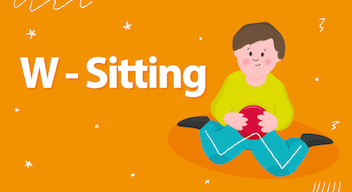
Facts about W-Sitting
W-Sitting is usually observed when a child is sitting on the floor with their legs turned inward, knees bent, and feet on either side of their hips. From above (i.e. an aerial view), you will see that their legs form a letter “W”.
Read the article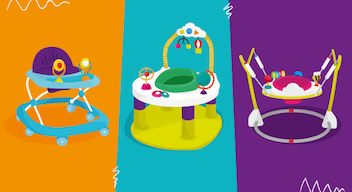
Caution with walkers, jumpers, exersaucers
Each one of these devices allows your child to perform certain movements before they are ready. This leads to an increase in atypical movement patterns and poorly controlled movements. Should your child already demonstrate these difficulties with movement, they may become more pronounced.
Read the article